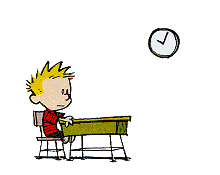Discipline and Management

The definition of discipline is the development of self control, character, orderliness, and efficiency. It deals with rules and punishments. The difinition of management is the environment the teacher creates in establishing conditions in order for the students to be both socially and academically successful.
The components of management are: teacher leadership and authority-rules and procedures, motivation-meeting student's needs, physical environment-design for productive learning, and instructional time-keeping students busy.
The components of discipline are: responses to minor problems and suppodrting self-control-give opportunity to self-correct behavior helping studnet to become more responsible, direct teacher intervention-identify cause of misbehavior through meeting with student and find a logical consequence, and responding to persistent misbehavior-behavior modification techniques, contracts, loss of privleges, and parent conferences.
Discipline and management are the key components to having a successful classroom and environment that will lead to a positive and successful year. The purpose of management and self discipline is self control. Self control is when a student chooses to act in ways that align with their beliefs and principles.
Acording to Jones, to build positive classroom dicipline, teachers should model appropriate behavior and use appropriate classroom management methods. Savage noted that classroom management should refer to the process of organizing the environment in order to help students achieve worthwhile and important goals.
"If you listen to constructive criticism, you will be home among the wise. If you reject criticisim, you only harm yourself, but if you listen to correction, you grow in understanding." Proverbs 15:31-32 (NLT)
The relevance of the scripture is that the teacher should take a positive approach to positive criticism and they will have a wealth of understanding of themself and othersl
